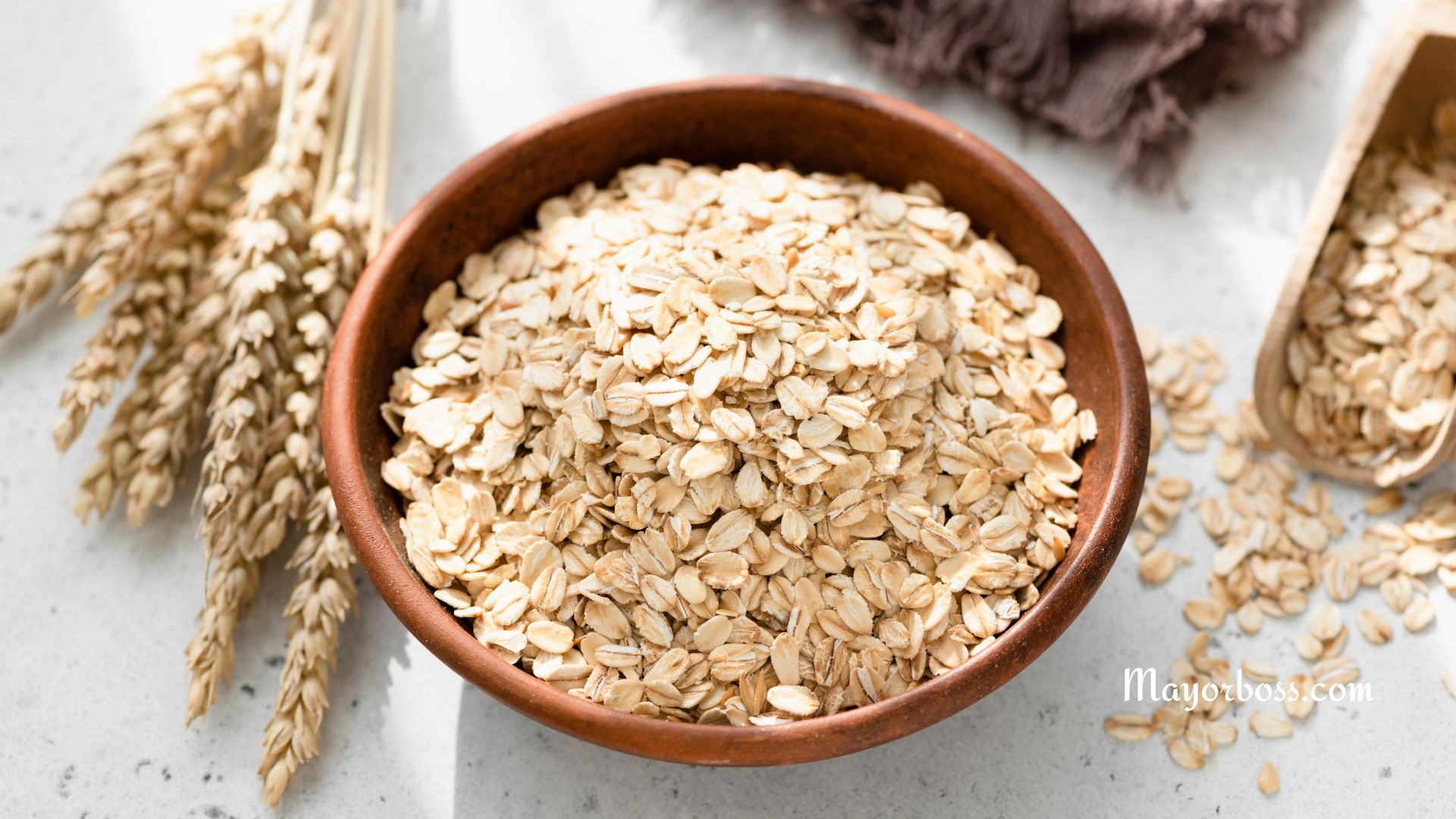This Is What Ramen Noodles Do to Your Body—And It’s Not Good
Ramen noodles may be quick and cheap, but they are packed with unhealthy ingredients like sodium, preservatives, and processed fats that can raise your risk of heart disease, high blood pressure, and metabolic problems. Regular consumption can take a serious toll on your long-term health.

What Makes Ramen Noodles So Popular?
Ramen noodles are a favorite for many people. They’re affordable, ready in minutes, and require almost no cooking skills. Students eat them during exams. Busy adults rely on them for quick meals. They even come in flavors that seem satisfying.
But here’s the truth: just because it’s easy doesn’t mean it’s good for you.
The Main Reason to Avoid Ramen Noodles
Let’s get straight to the point. The biggest concern with ramen noodles is their dangerously high sodium content.
One serving of instant ramen can contain over 1,800 mg of sodium—almost your entire daily limit in just one meal. Some brands go even higher.
According to the Centers for Disease Control and Prevention, eating this much sodium regularly increases your risk of:
- High blood pressure
- Heart disease
- Stroke
- Kidney damage
Your body needs only a small amount of sodium to function properly. Too much can strain your heart and blood vessels, even if you’re young and healthy.
What Else Is Hiding in That Packet?
Besides sodium, ramen noodles come with a mix of other unhealthy ingredients.
1. Highly Processed Carbohydrates
The noodles are made from white flour that’s been stripped of nutrients. These refined carbs digest quickly and spike your blood sugar. That can lead to energy crashes, weight gain, and increased risk of type 2 diabetes over time.
2. Unhealthy Fats
Many instant ramen noodles are deep-fried during production to extend their shelf life. This adds trans fats or oxidized oils, which increase bad cholesterol (LDL) and inflammation in your body.
3. Preservatives and Additives
Look at the ingredient list, and you’ll see names like TBHQ (tertiary butylhydroquinone). It’s a petroleum-based chemical preservative used to keep the noodles from going bad. While small amounts are legal, high consumption has been linked to nausea, headaches, and long-term health concerns.
4. Low Nutritional Value
Ramen lacks essential nutrients. It has almost no fiber, protein, or vitamins. You get lots of calories, but your body gets very little of what it actually needs to function well.
What Happens to Your Body After Eating Ramen?
Your body struggles to break down the processed ingredients in ramen. Studies using tiny cameras have shown that these noodles stay in your stomach much longer than fresh ones. That can slow digestion, cause bloating, and confuse your body’s signals for fullness.
Over time, regular intake may:
- Weaken your metabolism
- Increase fat storage (especially around your belly)
- Disrupt your gut health
But What If I Really Like Ramen?
If you still crave ramen, here are safer ways to enjoy it:
- Choose low-sodium versions. Some brands offer healthier options.
- Skip the seasoning packet. That’s where most of the salt and chemicals hide.
- Add vegetables and lean protein. Try mixing in spinach, mushrooms, chicken, or boiled eggs to boost nutrition.
- Use whole-grain noodles or rice noodles. These digest better and offer more fiber.
Still, even with these tweaks, ramen is not something to eat every day.
Long-Term Risks You Can’t Ignore
Keck Medicine suggests that regularly eating ramen, especially more than twice a week, can increase your likelihood of developing:
- Hypertension (high blood pressure)
- Metabolic syndrome (a cluster of conditions including belly fat, high blood sugar, and abnormal cholesterol)
- Damage your liver
- Heart problems and stroke
- Poor digestion and gut inflammation
One study by the Harvard School of Public Health found that women who ate instant noodles more than twice a week had a significantly higher risk of developing metabolic syndrome, even if they were otherwise active and had a healthy weight.
Takeaway
Ramen noodles might look harmless, but they’re hiding major health risks. The high sodium, low nutrition, and chemical preservatives make them a poor choice for anyone trying to stay healthy.
Eating ramen once in a while probably won’t harm you. But if it’s a regular part of your diet, it’s time to rethink what you’re feeding your body.
Your health is worth more than a cheap, fast bowl of noodles.
FAQs
1. How much sodium is safe to eat per day?
Most health experts recommend no more than 2,300 mg of sodium daily. Ideally, adults should aim for 1,500 mg, especially those with high blood pressure.
2. Are there any healthy instant noodles?
Some brands use whole grains, low sodium, and fewer preservatives. Always check the nutrition label. Better yet, make your own noodle soup at home with fresh ingredients.
3. What is TBHQ, and is it dangerous?
TBHQ is a preservative found in many processed foods. While approved for use, high consumption over time has raised concerns about its effects on cell function and long-term health.
4. Can eating ramen cause weight gain?
Yes. Ramen is high in calories and low in nutrients. It spikes your blood sugar and doesn’t keep you full, which can lead to overeating and weight gain.
5. What can I eat instead of ramen for a quick meal?
Try whole-grain toast with avocado, a vegetable stir-fry, or a smoothie with protein. These options are fast, filling, and far better for your health.






